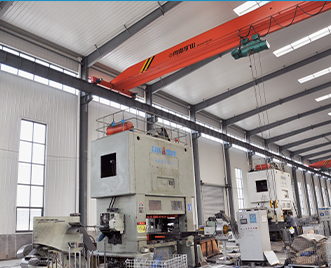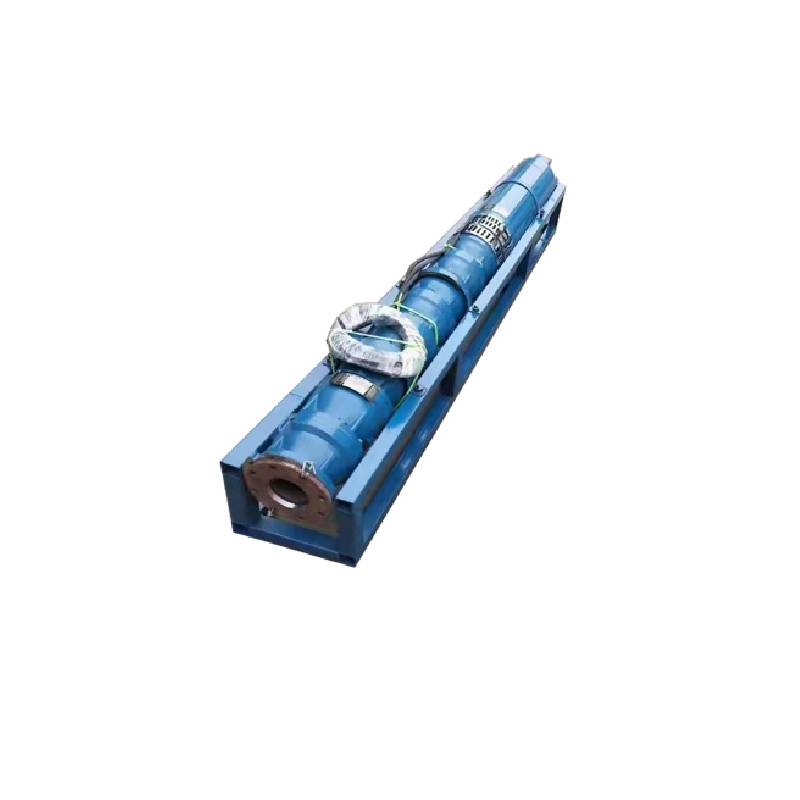Dec . 26, 2024 23:52 Back to list
deep well surface pump
Understanding Deep Well Surface Pumps A Comprehensive Overview
Deep well surface pumps are essential components in the water supply and irrigation sectors, especially in areas where groundwater levels are significantly deep. These pumps are designed to extract water from deep underground wells and deliver it to the surface, where it can be used for various purposes, including agricultural irrigation, municipal water supply, and industrial applications. In this article, we will explore the working principle, types, advantages, and maintenance of deep well surface pumps.
Working Principle
Deep well surface pumps operate by utilizing a combination of centrifugal force and pressure to lift water from deep wells. A key feature of these pumps is the impeller, which spins at high speeds to create a vacuum that pulls water into the pump. Once the water is in the pump, the impeller pushes it upward through a series of pipelines, eventually delivering it to the surface. The design of deep well pumps allows them to handle significant depths, typically ranging from 25 to over 1,000 feet, depending on the model.
Types of Deep Well Surface Pumps
There are two primary types of deep well surface pumps vertical turbine pumps and submersible pumps.
1. Vertical Turbine Pumps These pumps are often used for applications requiring high flow rates and are positioned above the well. The motor is located at the surface, and the pump components, including the impeller and other critical parts, are submerged in the water. This design is beneficial for ease of maintenance and repair, as the motor and other components remain accessible above ground.
2. Submersible Pumps Unlike vertical turbine pumps, submersible pumps are designed to operate underwater. These pumps are entirely submerged in the well, and the motor is sealed to prevent water infiltration. Submersible pumps can be more efficient than vertical pumps due to the reduced energy requirements for lifting water, making them suitable for deeper applications.
Advantages of Deep Well Surface Pumps
Deep well surface pumps offer several benefits that make them a preferred choice in various applications
- Efficiency These pumps are designed to operate under high pressure and can move large volumes of water, making them efficient for both residential and agricultural use. - Durability Constructed from robust materials, deep well surface pumps can withstand harsh operating conditions, ensuring a long service life.
deep well surface pump

- Cost-Effective Although the initial investment may be higher, the operational efficiency and low maintenance requirements of these pumps lead to lower long-term costs.
- Versatility These pumps can be used for various applications, including supplying water for irrigation, livestock, and drinking water systems, making them adaptable to different needs.
Maintenance and Care
Proper maintenance of deep well surface pumps is crucial to ensure reliability and longevity. Some key maintenance practices include
- Regular Inspection Conduct routine checks for wear and tear, leaks, and abnormal noises. Early detection of issues can prevent costly repairs.
- Monitor Performance Keep an eye on the pump's performance metrics, such as flow rate and pressure. Sudden drops in these metrics can indicate a problem.
- Clean Filters Regularly clean or replace filters to ensure that debris does not obstruct the flow of water, which can lead to pump inefficiency.
- Professional Servicing Engage qualified technicians for periodic service to maintain optimal performance and address issues promptly.
Conclusion
Deep well surface pumps play a crucial role in modern water management systems. Their ability to efficiently transport water from deep underground makes them indispensable for agriculture, residential use, and industrial applications. By understanding the different types and their advantages, as well as the importance of regular maintenance, users can ensure that these pumps remain functional and efficient for years to come. As water scarcity becomes an increasingly pressing issue globally, the role of deep well surface pumps in sustainable water management cannot be understated.
-
175QJB Deep Well Submersible Pump: High-Efficiency & Reliable
NewsAug.31,2025
-
Efficient 250QJP Peep Well Submersible Pump for Deep Well Water
NewsAug.30,2025
-
Deep Well Pump Installation Guide: Reliable Submersible Pumps
NewsAug.29,2025
-
125QJR Deep Well Submersible Pump - High Performance & Reliable Water Supply
NewsAug.28,2025
-
Water Filled Submersible Pump
NewsAug.26,2025
-
The Ultimate Solution for Clean
NewsAug.26,2025
-
 175QJB Deep Well Submersible Pump: High-Efficiency & ReliableAchieve reliable, high-efficiency water supply with our 175QJB Deep Well Submersible Pump. Perfect for agricultural irrigation, industrial water needs, and municipal use. Explore durable performance and inquire today!Detail
175QJB Deep Well Submersible Pump: High-Efficiency & ReliableAchieve reliable, high-efficiency water supply with our 175QJB Deep Well Submersible Pump. Perfect for agricultural irrigation, industrial water needs, and municipal use. Explore durable performance and inquire today!Detail -
 Efficient 250QJP Peep Well Submersible Pump for Deep Well WaterDiscover the powerful 250QJP Peep Well Submersible Pump. Engineered for high-efficiency and reliability, it's ideal for deep well water supply, industrial, and agricultural irrigation. Get consistent performance. Explore our range today!Detail
Efficient 250QJP Peep Well Submersible Pump for Deep Well WaterDiscover the powerful 250QJP Peep Well Submersible Pump. Engineered for high-efficiency and reliability, it's ideal for deep well water supply, industrial, and agricultural irrigation. Get consistent performance. Explore our range today!Detail -
 Deep Well Pump Installation Guide: Reliable Submersible PumpsGet expert deep well pump installation for reliable, consistent water. Our durable submersible well water pumps are ideal for homes & farms. View our installation diagram & solutions.Detail
Deep Well Pump Installation Guide: Reliable Submersible PumpsGet expert deep well pump installation for reliable, consistent water. Our durable submersible well water pumps are ideal for homes & farms. View our installation diagram & solutions.Detail
